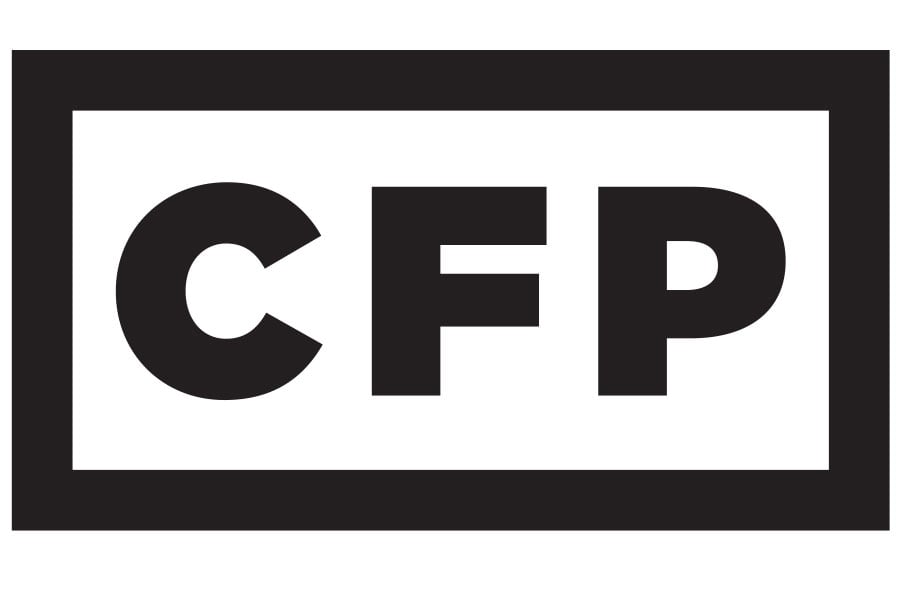

Certified financial planners are taking in stride the pending fee increase for the credential, shrugging it off as another sign of inflation and saying the mark retains its value despite being more costly.
The Certified Financial Planner Board of Standards Inc. announced to CFP holders Tuesday that it's raising the annual fee for the certification by $100, to a total of $455, in the first increase since 2017. The higher fee will go into effect on Oct. 1 for new and renewing CFPs.
The CFP Board said the additional $100 in funding would be allocated to strategic priorities, such as an ongoing public awareness campaign ($15), an initiative to promote financial planning to students as a career choice ($35), a program to promote diversity and inclusion in the planning profession ($10), a client research effort ($20) and strengthening enforcement ($20).
“The investment of your annual certification fee in these programs ensures the long-term relevance and sustainability of the financial planning profession and the value and importance that your CFP® certification communicates to your clients and prospects,” CFP Board Chair Kamila Elliott and CFP Board CEO Kevin Keller said in the announcement.
In a separate announcement to continuing education providers, the CFP Board said it would increase the continuing education attendance reporting fee, which providers pay per credit hour submitted for each CFP who takes a class.
A more expensive CFP mark is a sign of the inflationary times, CFP mark holders said.
“Just about every industry has to raise its fee lately,” said Blaine Thiederman, founder of Progress Wealth Management. “I would be surprised if they didn’t raise the fee, given the increase in the cost of running their business.”
Dennis Nolte, vice president of Seacoast Investment Services, also was sanguine.
“Inflation exists. No surprise here,” he said. “This is the cost of doing business and improving our profession’s brand.”
The strategic initiatives the board outlined drew backing from CFPs.
“[P]ublic awareness, promoting financial planning as a career, diversity efforts are very important for our profession, and I am glad the board supports this,” Vid Ponnapalli, founder of Unique Financial Advisors and Tax Consultants, wrote in an email.
William Nunn, managing member of Horizon Financial Planning, said the awareness effort, which involves a nationwide advertising campaign, and the diversity initiative will both strengthen the mark. “I think it’s funds put to good use,” he said.
Rick Raybin, founder of Lifetime Capital Group, said the annual fee isn't burdensome and further investment in the mark would pay off.
“It’s one of the few designations that is meaningful, and the more they can enhance [its] credibility, the better off everyone will be,” Raybin said.
Still, a more expensive mark gave some CFPs pause.
In a Twitter thread Wednesday, Michael Kitces, head of planning strategy at Buckingham Wealth Partners, said the higher CE fee would result in an annual increase of $119, rather than $100, for most CFPs, even though the CE increase is targeted at those delivering the education programs.
“For CE providers, it's a SUBSTANTIAL increase…doubling or tripling costs for many providers (even after a small program fee reduction),” Kitces tweeted. “Which means it will get passed through to CFPs as higher costs for CE programs. Notably, though, CFP Board only talked about how they’re allocating the $100 increase in certification fee. Not where this other $19/year in new CE fees is going.”
And for some CFPs, the increasing cost of the mark could start to cause pain.
“That price is starting to creep to an uncomfortable level, not so much for an established professional but for new entrants,” said Daniel Yerger, president of MY Wealth Planners. “It always raises the question of how much value is being allocated to the practitioners as opposed to the board itself.”
A more expensive CFP credential might end up hurting the Financial Planning Association, Nolte said. The FPA is comprised largely of CFPs.
“The FPA will probably lose more members as the cost of carrying both memberships might crimp their solo practitioners,” Nolte said.
The overall value of a CFP remains high despite the fee increase, Nunn said.
“Without a CFP, there’s no differentiating between a used car salesman who’s been a financial planner for 30 days and a financial planner who has experience,” Nunn said. “In the public’s eye, it’s a very big thing.”
The CFP designation gives him instant credibility with clients, Thiederman said.
“They know you know what you’re talking about,” he said.
The CFP Board sets and enforces the competency and ethical standards associated with the mark, which is held by more than 92,000 financial professionals in the United States.

Relationships are key to our business but advisors are often slow to engage in specific activities designed to foster them.

Whichever path you go down, act now while you're still in control.

Pro-bitcoin professionals, however, say the cryptocurrency has ushered in change.

“LPL has evolved significantly over the last decade and still wants to scale up,” says one industry executive.

Survey findings from the Nationwide Retirement Institute offers pearls of planning wisdom from 60- to 65-year-olds, as well as insights into concerns.
Streamline your outreach with Aidentified's AI-driven solutions
This season’s market volatility: Positioning for rate relief, income growth and the AI rebound
